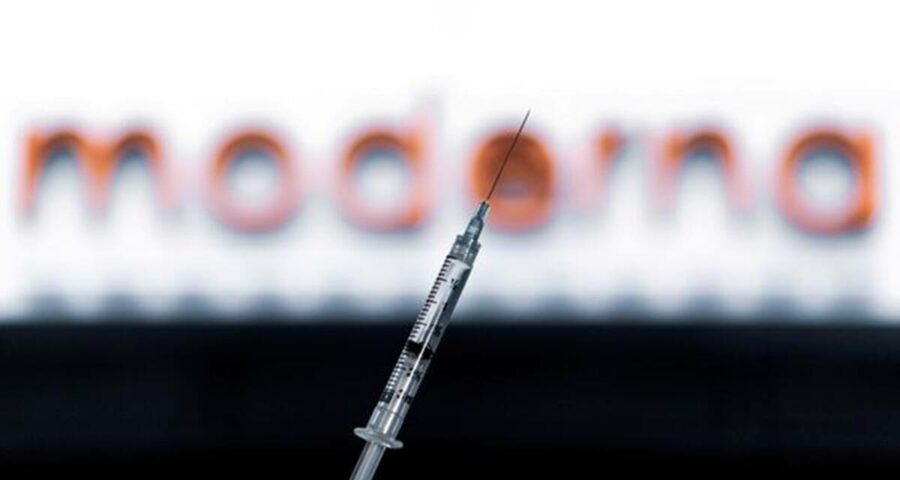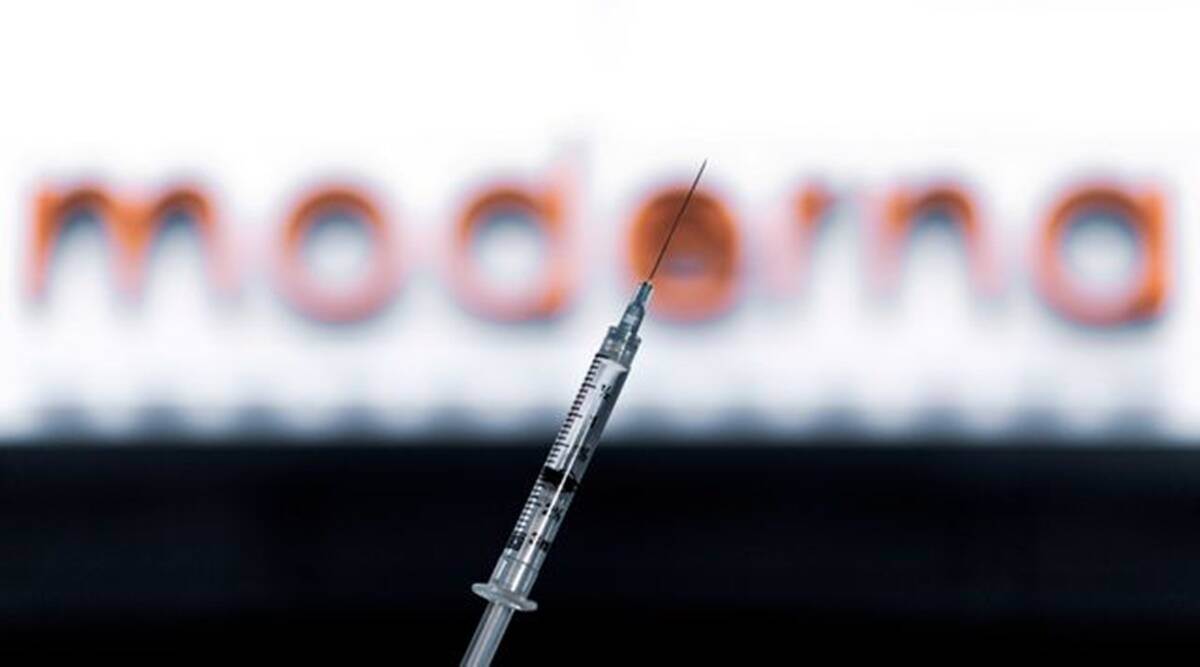The shortage of vaccines has slowed or stopped vaccinations across the country — and the failure to vaccinate threatens to take away gains from the lockdowns imposed by almost all states.
On February 3, the expert body under India’s drug regulator declined to recommend emergency use authorisation for Pfizer’s mRNA vaccine; the American pharmaceutical giant subsequently withdrew its application.
On April 13, as the second wave swelled and it was clear that India would fall far short of its vaccine requirements, the government made a U-turn — announcing that it would not enforce the condition of phase 2 and 3 clinical trials in the country for vaccines that had been cleared by US, EU, UK, and Japanese regulators, and listed by the WHO.
It’s been almost a month and a half now — but despite the liberalised regulatory framework, global firms like Pfizer and Moderna are yet to enter into any purchase agreement with India.
Between February 3 and May 24, India has reported 1,49,017 Covid-related deaths. The shortage of vaccines has slowed or stopped vaccinations across the country — and the failure to vaccinate threatens to take away gains from the lockdowns imposed by almost all states.
But it does not seem likely that India will be receiving doses from either Pfizer or Moderna any time soon. The reason: several other countries are ahead of India in line, waiting for delivery of their confirmed orders, and the two American companies, which began supplying vaccines in December 2020, are committed to delivering millions of doses to these countries through 2023.
On Monday, the Union Health Ministry appeared to accept this reality.
“Whether it is Pfizer or Moderna, we have been coordinating at the central level… Both Pfizer and Moderna, most of the time, their order books are already full. It is depending on their surplus on how much they can provide to India. They will come back to Government of India and we will ensure that their doses can be supplied at state level,” Lav Agarwal, Joint Secretary in the Ministry, said.
The official’s comments came even as External Affairs Minister S Jaishankar arrived in the US on Monday to meet with top American officials and vaccine manufacturers to discuss supplies to India.
Also on Monday, Delhi Chief Minister Arvind Kejriwal announced that Pfizer and Moderna had communicated that they would not sell directly to states, and Punjab said that after Moderna, Pfizer too had declined its request for doses.
Consider Pfizer’s order book:
* US: In July last year, the US placed an initial order of 100 million doses, with an option to request another 500 million. The US exercised the option for additional doses twice, and ordered 100 million doses each in December last year and in February this year.
* European Union: Considering all agreements that have been signed, Pfizer is committed to delivering a potential 2.4 billion doses to the EU.
In November 2020, the EU reached an agreement with Pfizer for the supply of 200 million doses to its 27 member states, with an option to request an additional 100 million doses. It exercised this option in December last year.
In February 2021, the EU struck another deal for the supply of 200 million doses, with an option to request an additional 100 million doses; it exercised this option in April.
In May, a third agreement was reached — for the supply of a whopping 900 million doses, with an option to request up to another 900 million. The first 900 million doses are expected to be delivered on a monthly schedule beginning December and continuing into 2023.
* Others: In July last year, the UK entered into an agreement with Pfizer for the supply of 30 million doses; that same month, Japan signed a deal for 120 million doses. In August, Canada entered into an agreement, the details of which have not been revealed. In January 2021, Pfizer agreed to provide 40 million doses to Covax.
Consider Moderna now.
* US: In August 2020, the US placed an initial order of 100 million doses of Moderna’s mRNA vaccine, with the option to purchase another 400 million doses. The US exercised this option twice — and ordered 100 million doses each in December 2020 and February 2021.
* EU: In November last year, the EU placed an initial order of 80 million doses with Moderna; the agreement gave the EU the option to buy 80 million additional doses. It exercised this option in December last year.
On February 17 this year, the EU announced another agreement for the purchase of 150 million doses, with an option to buy an additional 150 million. The 150 million doses are scheduled to be delivered in the third and fourth quarter of 2021.
* Others: The UK has a confirmed commitment of 7 million doses; Japan, 50 million; Canada, 44 million; South Korea, 40 million; and Australia, 25 million doses.
Moderna also has an agreement to provide 34 million doses to Covax in the fourth quarter of 2021.
Source: Read Full Article


